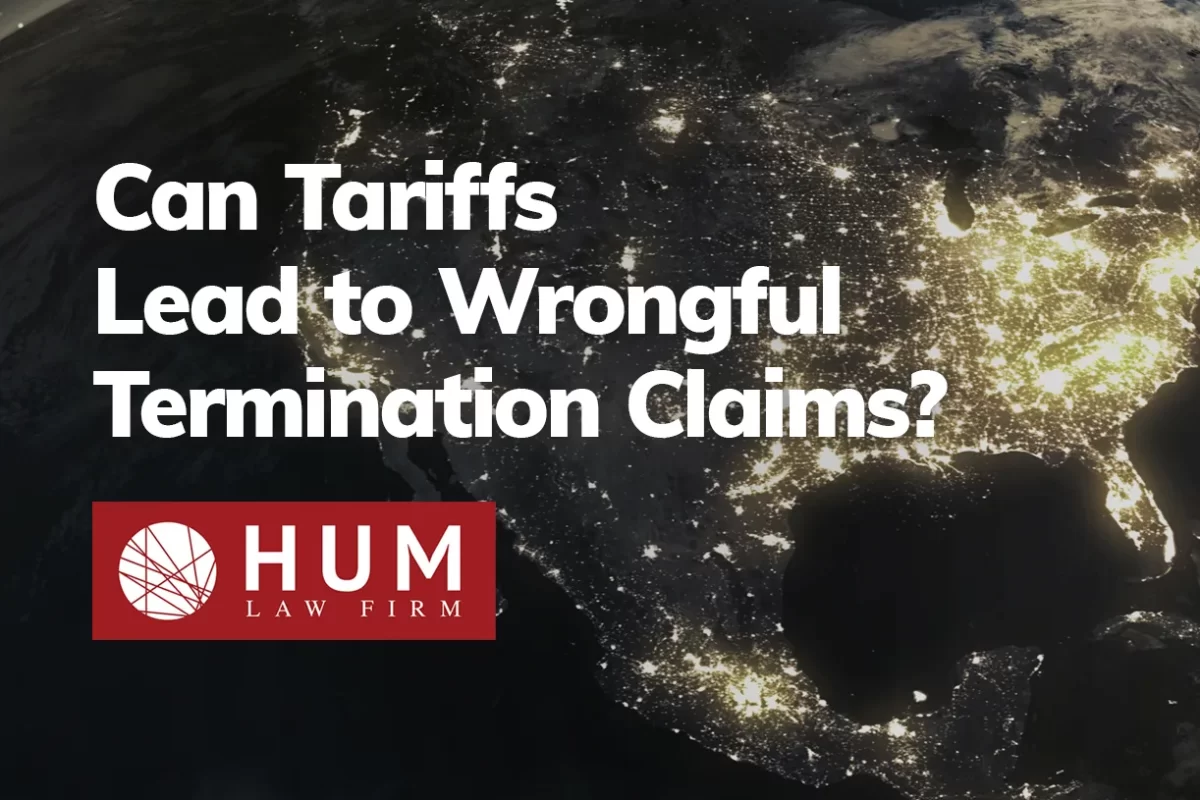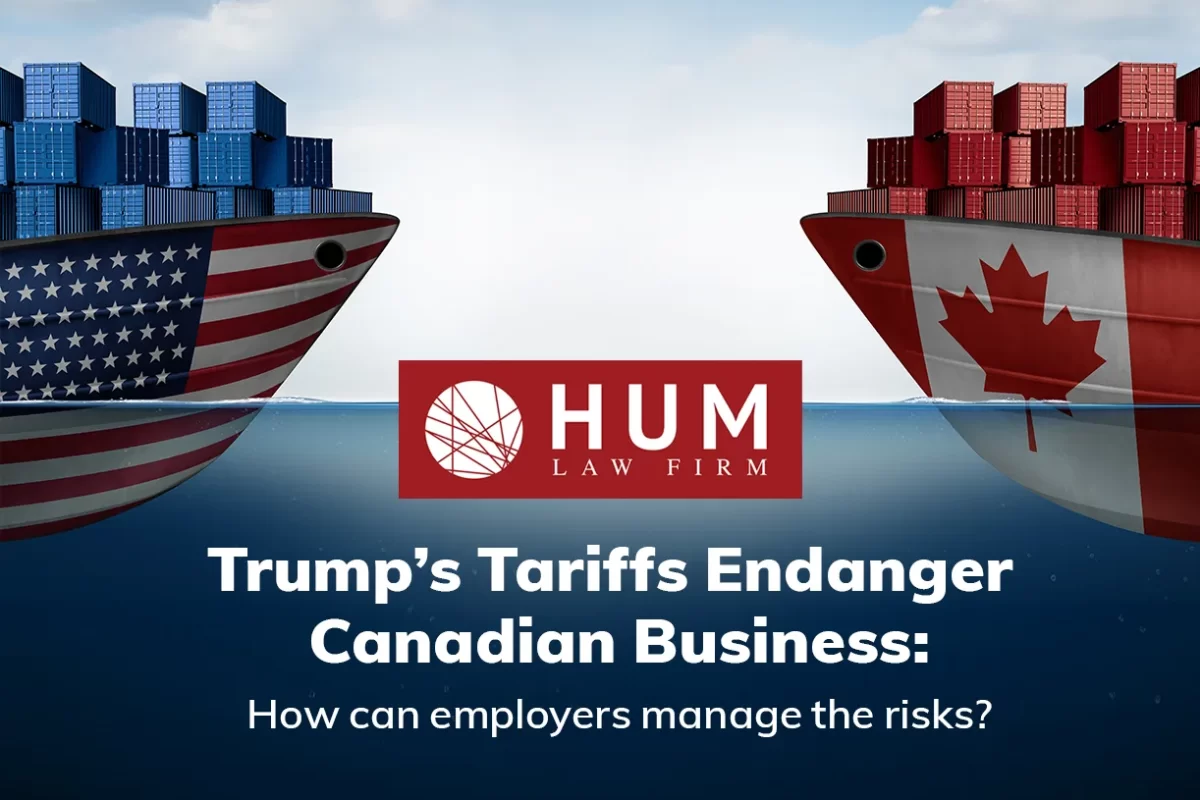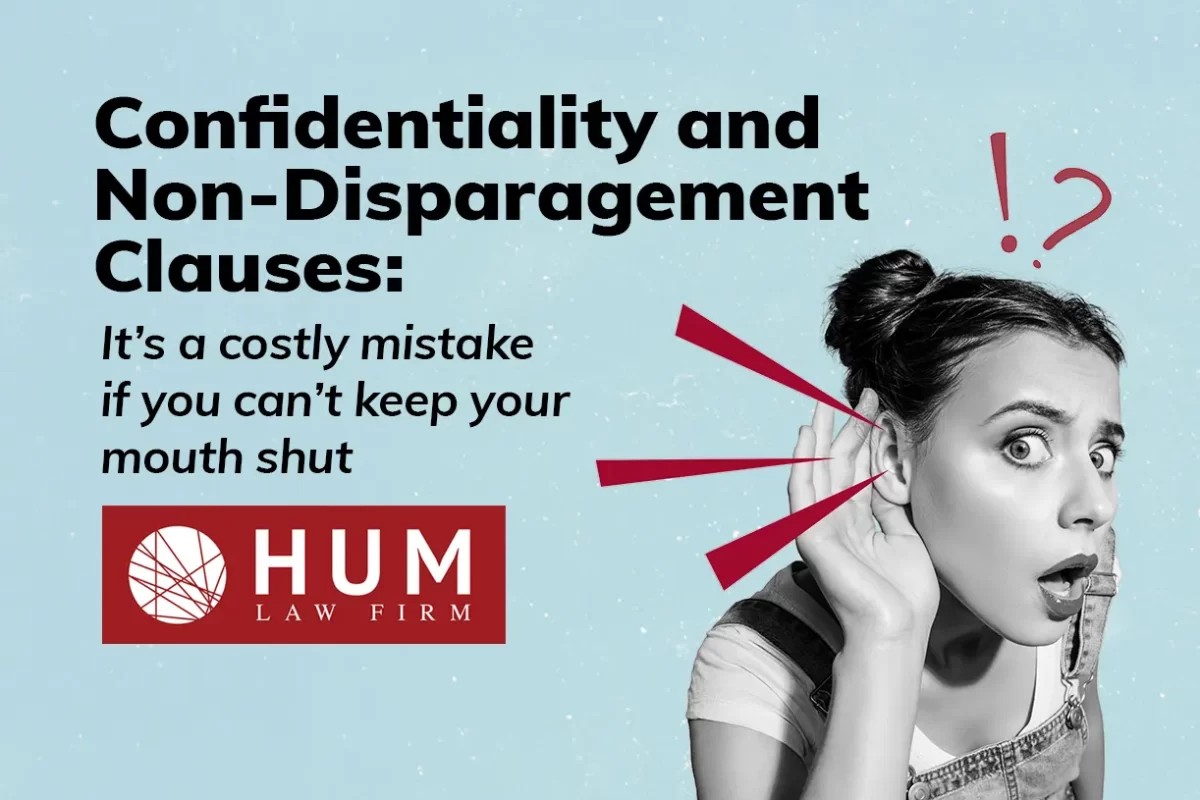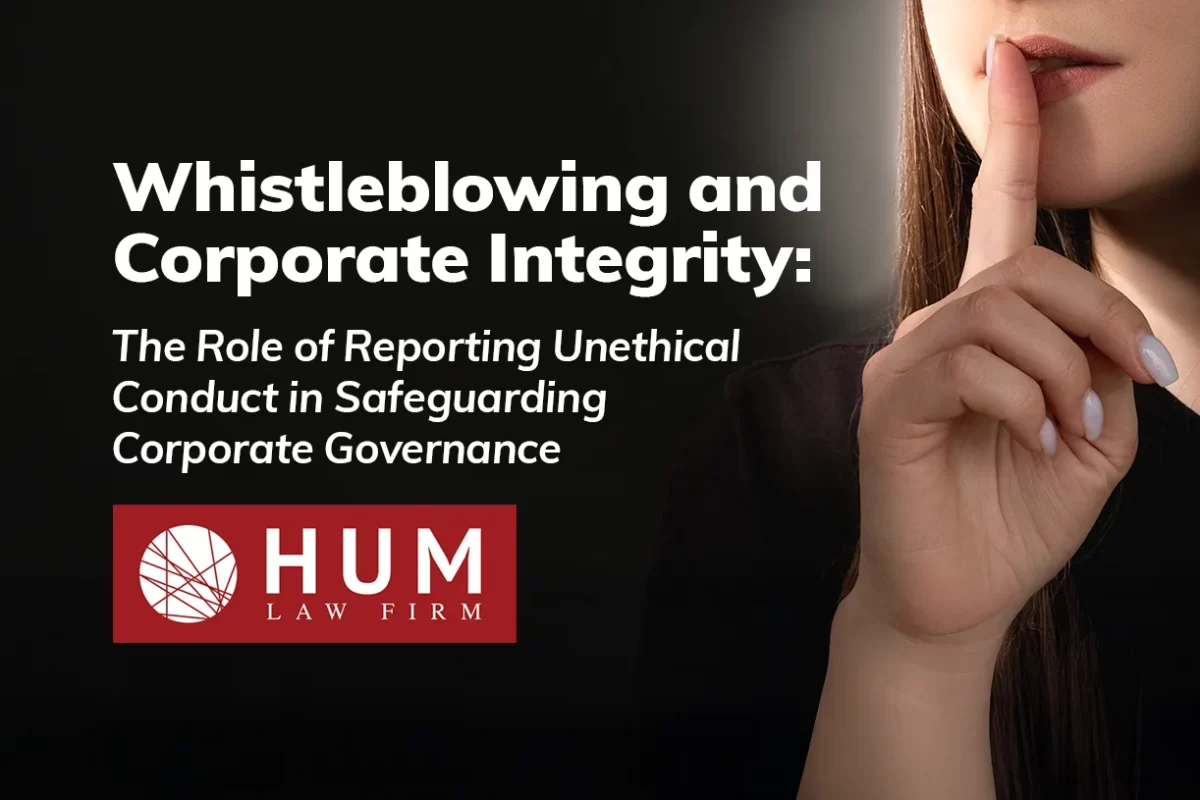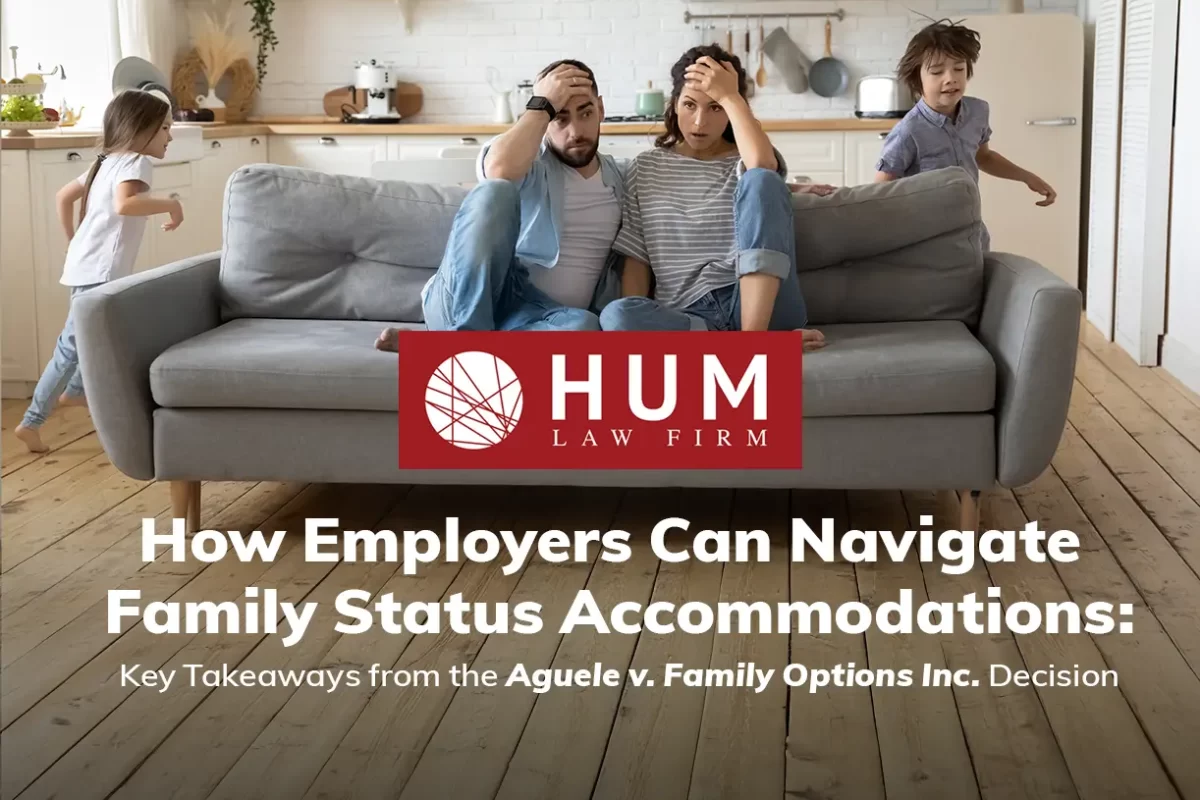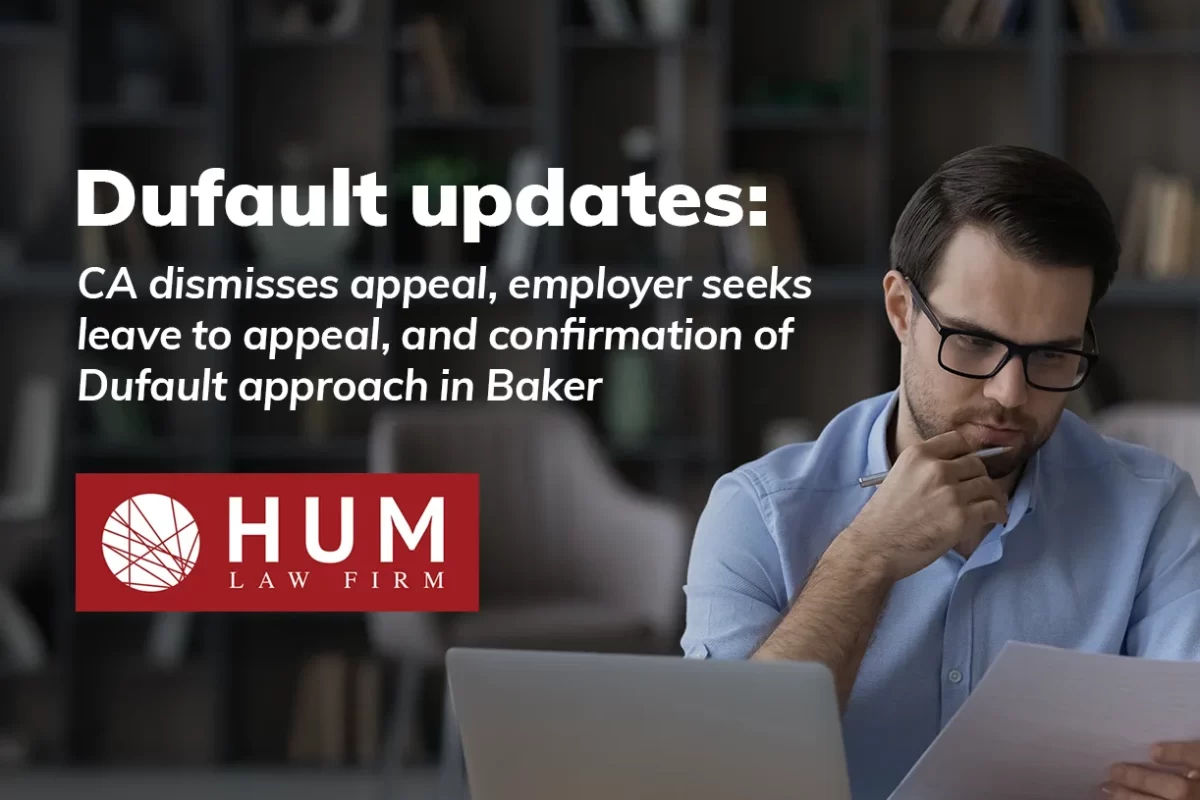Shareholder Disputes
Shareholder disputes occur when shareholders feel that their interest is undermined and seek to enforce their rights. Examples where shareholders may pursue legal action include:
- Disputes about share valuation and price;
- Oppression of minority shareholders; and
- Forced buyouts.
Oppression Remedy
Oppression of minority shareholders is a common shareholder dispute and is available to shareholders and other stakeholders in a corporation.
For example, corporations in Ontario may be governed by the Ontario Business Corporations Act or the Canada Business Corporation Act, which both provide for the oppression remedy.
The oppression remedy generally protects against the following categories of misconduct:
- Oppression: When an intentional serious wrong, such as an abuse of power or coercive behaviour, is committed;
- Unfair Prejudice: When a party mistreats another stakeholder, for example, forcing out a minority shareholder; and
- Unfair Disregard: When a party ignores the claimant’s interest without intentionally causing harm, such as breaching fiduciary duties owed to the corporation and other shareholders.
How to prevent Shareholder Disputes
Although the oppression remedy protects against certain misconduct, parties should manage potential problems before becoming a shareholder through measures such as a Shareholder Agreement. A Shareholder Agreement outlines how the corporation will resolve disputes and establishes each shareholder’s duties and responsibilities. It is crucial to establish a Shareholder Agreement early, and ensure it:
- Defines each Shareholder’s role;
- Protects minority Shareholders; and
- Manages disputes.
Hum Law Firm can assist you with shareholder disputes, and how to prevent them.


